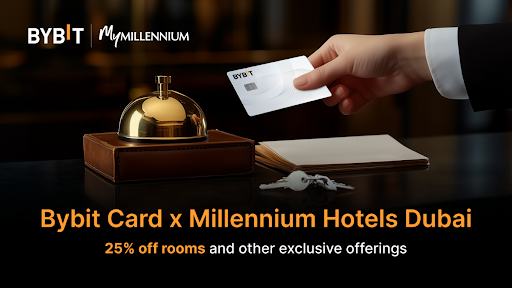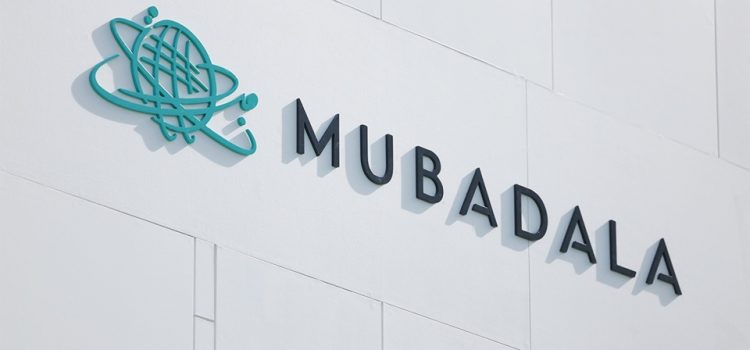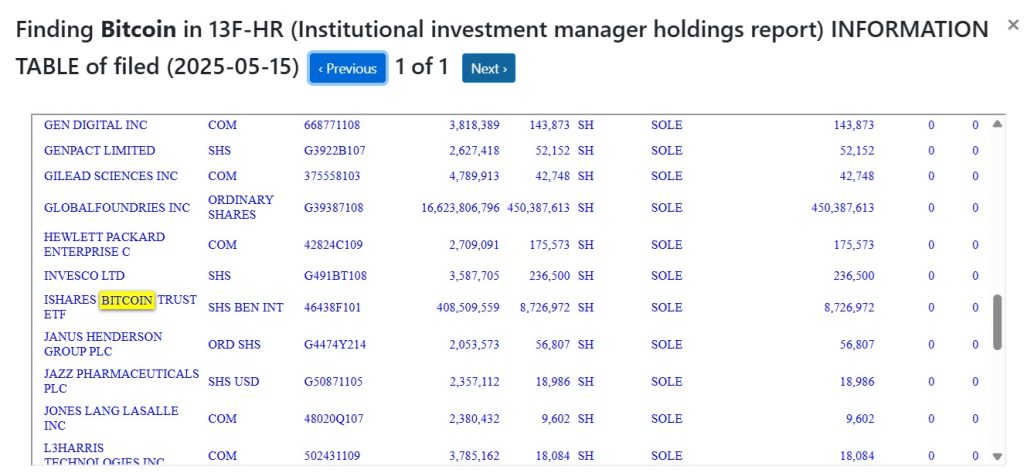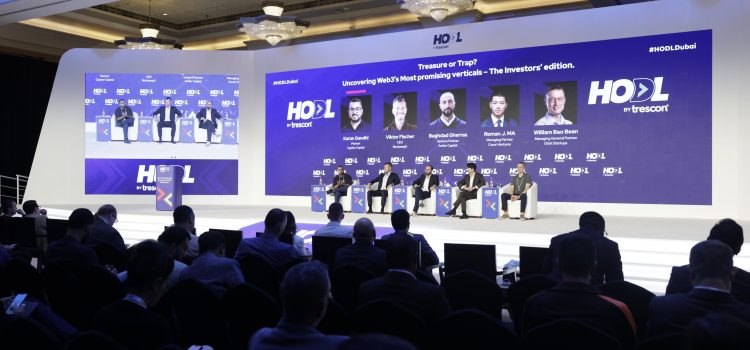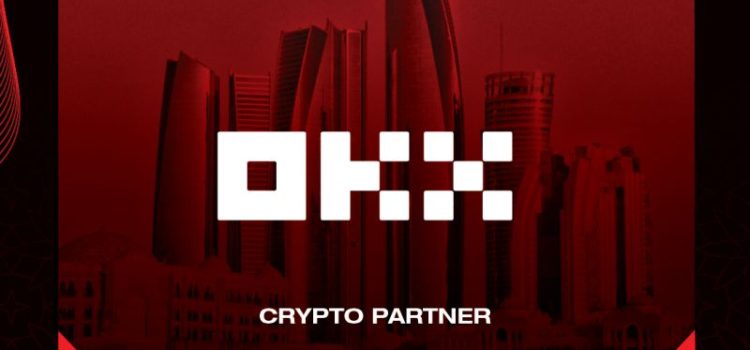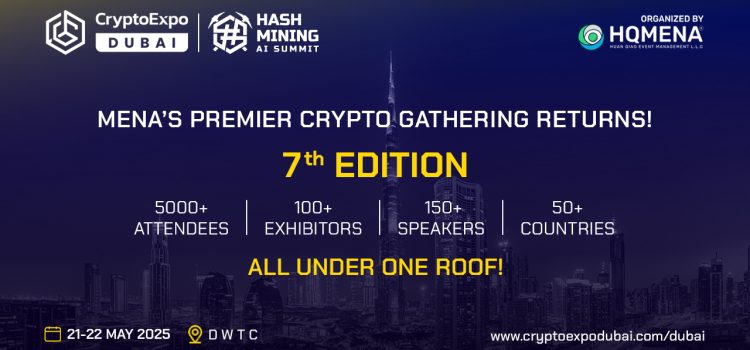
The Virtual Assets Regulatory Authority [VARA] has published Version 2.0 of its activity-based Rulebooks, in an efforts to further future proof Dubai’s regulatory framework that balances innovation with robust market safeguards.
As per the press release, the updated Rulebooks include enhanced supervisory mechanisms across the following regulated virtual asset [VA] activities, Advisory services, Broker-dealer services, Custody services, Exchange services, Lending and borrowing services, VA management and investment services and VA transfer and settlement services.
Key refinements in Version 2 include strengthened controls around margin trading and token distribution services, clearer definitions for collateral wallet arrangements, and harmonized compliance requirements across all licensed activities.
Ruben Bombardi, General Counsel and Head of Regulatory Enablement VARA, “Our commitment remains to ensuring that innovation and compliance go hand in hand. These rulebook updates reinforce the foundations of a responsible scalable ecosystem.
The updates are designed to promote greater market discipline, risk transparency, and operational resilience across Dubai’s VA ecosystem.
For example, with regards to VA Management and Investment VASPs, in addition to the requirements of before, they will need to establish, implement and enforce appropriate written internal policies and procedures relating to the ability of clients to have access to and withdraw their Virtual Assets including, but not limited to, during periods of high uncertainty and/or extreme volatility; their assessment of client suitability for relevant products or services, including but not limited to the nature, features, costs and risks of investment services, Virtual Assets or other financial instruments selected for their clients, while taking into account cost and complexity; how they ensure all Staff providing VA Management and Investment Services to clients are sufficiently competent in accordance with Rule II.B.1 of this VA Management and Investment Services Rulebook; and such other policies and procedures as VARA may require from time to time.
In line with global regulatory best practices, a 30-day transition period has been granted to all impacted virtual asset service providers [VASPs], with full compliance required by 19 June 2025. VARA’s Supervision Teams will engage directly with each licensed entity to provide activity-specific guidance as needed.
Prior to this, VARA in coordination with the Dubai Land Department (DLD), had issued an alert regarding entities who have falsely claimed involvement or participation in the pilot phase of the DLD Real estate tokenization project. The tokenization project in question is that launched by DLD in March whose partners include the Dubai VARA regulatory authority and the Dubai Future Foundation through its Sandbox Real Estate. The project will tokenize property deeds to enable the fractional ownership of real estate assets, and was introduced under the Real Estate Innovation Initiative.
With already more than 30 licensed VASP operators, VARA has continuously been advancing its regulations, and rulebooks as well as issuing warnings and alerts to ensure better transparency and compliance.










